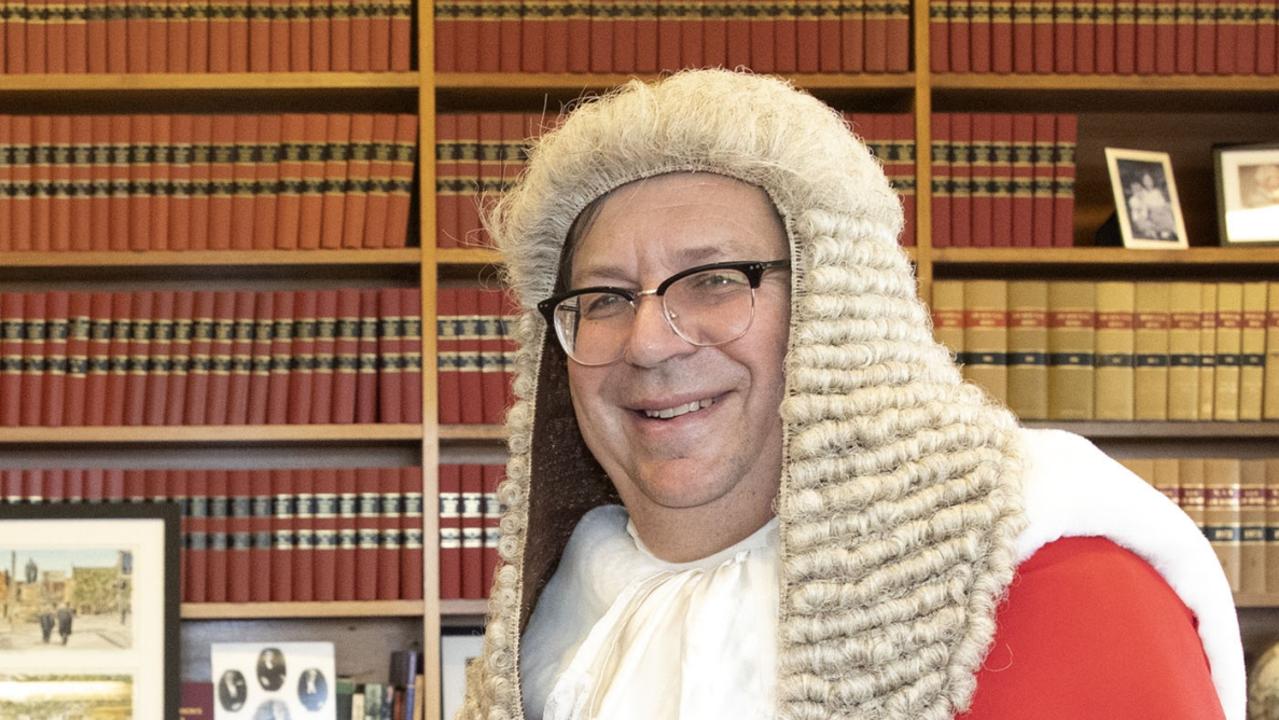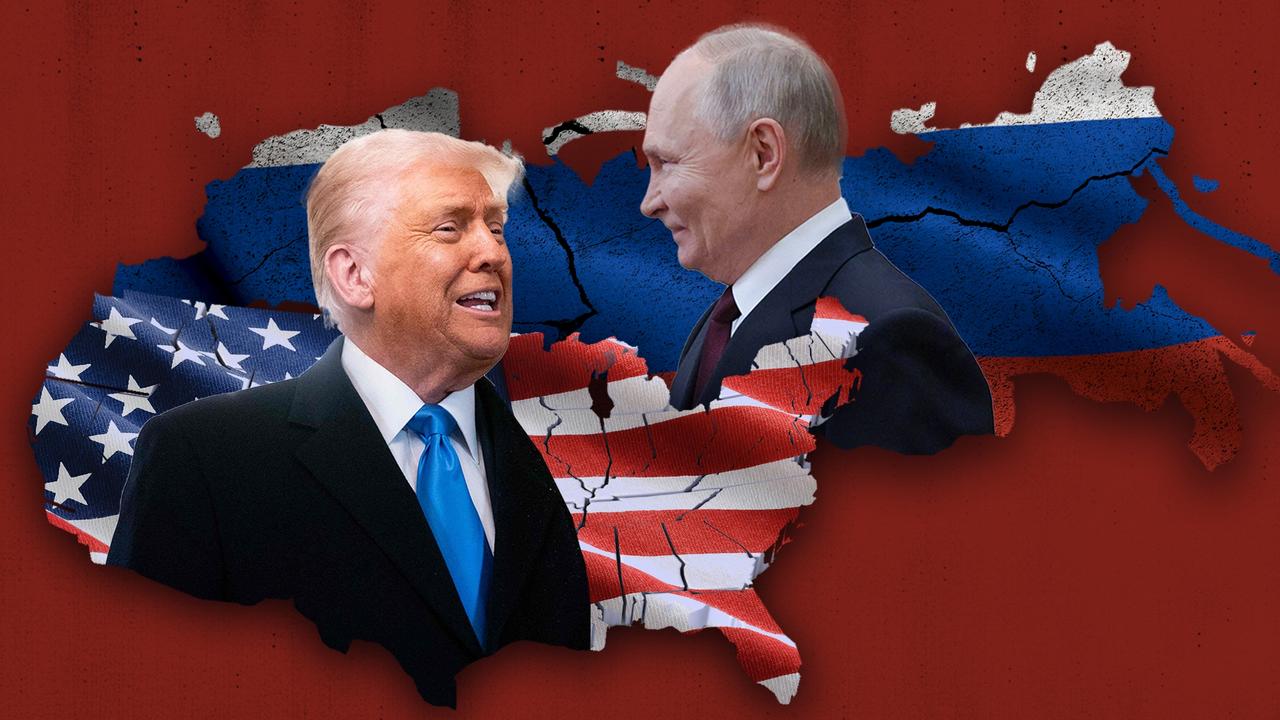Mutulu Shakur fought a guerrilla war against fellow Americans
Mutulu Shakur was many things – killer, thief, would-be revolutionary and an acupuncturist – but mostly a prison inmate.

In the same week as Leslie Van Houten – who giggled away in court as her role of Manson cult murderer was described – was controversially paroled, former urban terrorist Mutulu Shakur died.
Both had been sentenced to 60-year jail terms and both were reminders of a febrile time in modern American history when beguiled individuals swarmed submissively under manipulative puppet-masters with agendas of cruelty and evil. In Van Houten’s case it was vile Charles Manson, who sent out his drugged believers to murder innocents in the hope it would spark an apocalyptic race war.
In Mutulu’s case it was clever Assata Shakur, who was to head the Black Liberation Army. (They are not related – Mutulu was born Jeral Wayne Williams and changed his name. Assata was born JoAnne Deborah Byron and did likewise. Shakur is Arabic for grateful.) The BLA grew out of the Marxist-Leninist Black Panther Party, a murderous gang that portrayed itself as having a social conscience – like its free breakfasts for children program – but was more often a vehicle for lethal paybacks against police harassment. Its internal politics were a mix of murder, torture, drugs and violent sexism. By 1980 its membership was reportedly 27.
The Panthers were a largely overt organisation. The BLA was underground, much more dangerous and radical: according to the FBI its stated aim was to “take up arms for the liberation and self-determination of black people in the United States”. It was aligned to, and its membership – including Mutulu Shakur – overlapped with, the Republic of New Afrika, a group that in 1968 identified Mississippi, South Carolina, Georgia, Alabama and Louisiana (and parts of Texas and Florida) as “subjugated” lands over which it claimed dominion, going as far as to establish its own constitution and flag.
Among its goals were reparations payments from the federal government of billions of dollars to the descendants of slaves and for the enduring racism towards black Americans. To this day, it maintains a “provisional government”.
Unattainable though its goals appear, Mutulu would have sensed a belated victory of sorts when the San Francisco board of supervisors last March supported reparations to descendants of slaves in a package that included $7.3m for every eligible adult, the elimination of personal debt and tax bills, annual incomes of $142,000 for the next 250 years and family homes for which they would pay less than $2.
Mutulu sought his goals differently. He had been politically active since his teens and joined several radical groups. At the same time he trained in acupuncture and worked at the Lincoln Detox centre in New York’s The Bronx, treating heroin addicts who reportedly were told that drug addiction was a white scheme to suppress black America. Communism and acupuncture were the cure.
He was accredited to practice by the state of California in 1979. By then the Panthers and the BLA were organising bank heists, which they termed “expropriations”. These often went badly.
And so it was on October 20, 1981, when in a joint operation with other revolutionary gangs Mutulu, allegedly in charge, was part of the infamous raid on a Brinks van in Nanuet, New York, that netted $2m that would help fund their war against America. They murdered a guard and shot another, Joseph Trombino, so many times his arm had to be reattached. (Trombino returned to work and was killed in a Brinks van beneath the World Trade Centre when it collapsed in 2001.) Gang members subsequently shot dead two police officers.
Mutulu went on the run for five years, was caught and, in 1988, convicted of two counts of murder and sentenced. In recent years he developed various illnesses, and then cancer, and sought parole on compassionate grounds. As luck would have it, his 2020 parole hearing was before 90-year-old Judge Charles Haight, the same man who had sentenced him in 1987.
Haight denied the killer parole: “Should it develop that Shakur’s condition deteriorates further, to the point of approaching death, he may apply again to the court, for a release that in those circumstances could be justified as ‘compassionate’.” He was denied parole again the following year. Last December he was freed after serving 35 years.
Mulutu was the stepfather of, and raised, legendary rapper Tupac Shakur, who was murdered in 1996. He had been born Lesane Parish Crooks. The singer’s godfather was a senior Panther, his godmother, Assata, a BLA member who murdered a police officer in 1973 and was jailed, but with the help of Mutulu and others – and guns and dynamite – escaped custody. She fled to Cuba and was granted political asylum.
Mutulu Shakur Would-be revolutionary. Born
Baltimore, US, August 8, 1950; died Los Angeles, July 6, aged 72.



